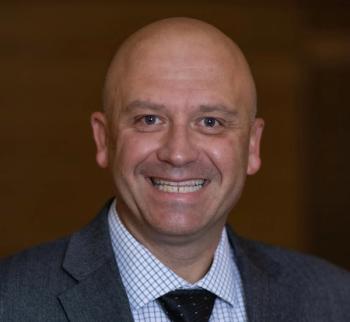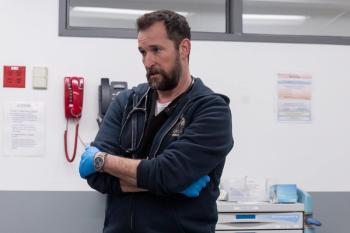
Precision Medicine Treatments are Coming, but Who Will Pay?
Precision Medicine Group today launched its Precision Value & Health initiative to try to find ways to address that question.
While there was collective marvel at the treatment’s potential after the FDA’s historic approval of Kymriah (tisagenlecleucel), the question remained as to what it would cost. The answer came a few days later, when Novartis spokesperson Dana Cooper placed the price at $475,000, stating that the company feasibly
“The trouble with that is that no single payer wants to be on the hook for that one-time cost, knowing that the benefits are derived over a number of years,” Dan Renick told Healthcare Analytics News in an interview. Renick is president of Precision Value & Health, a new
“When you look at the development pipeline right now, the percentage of drugs that fall under the category of ‘precision medicine’ has grown substantially. They may be more expensive, because it’s a smaller treatment population. They may be more curative, which is great news,” Renick says. But that expense creates a confounding scenario: who pays, and over what period of time?
Renick indicates the answers there might require an evolution in the market.
“Pharmaceutical manufacturers likely will need to work with the insurance industry to accept payment over a number of years, and that payment would come from whoever is responsible during that year,” he said. “In the US patients can change insurance plans, or change jobs, and have a different payer year-to-year. I think we’ll seek mechanisms by which these curative therapies are funded year-to-year by the party that’s responsible at that given time.”
His company’s new initiative is designed to work with those insurance companies, on behalf of the pharmaceutical makers, to demonstrate the value of the new therapies in order to encourage reimbursement. “We don’t engage directly for them, but rather we support their evidence development, their communication needs, and how they deploy information out to the marketplace. We support our clients as they attempt to demonstrate value to a number of stakeholders in the marketplace,” he said.
The precision medicine treatments are coming, and the payment question will only continue to grow as more of them hit the market. Renick is optimistic that the industry will be able to sort out the mechanics, saying that “There’s enough of a recognition that these innovations are meaningful, life-changing, and in some cases life-saving…all these industry participants have the patient as a focus, and with that focus you can solve these things that tend to be more mechanical in nature.”
Still, when asked if he expects to see resistance to those efforts, he laughed. “Well, there’s always resistance in US healthcare,” he cracked.




























































































